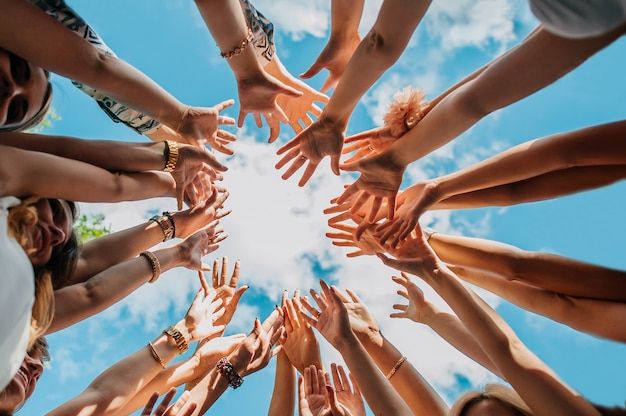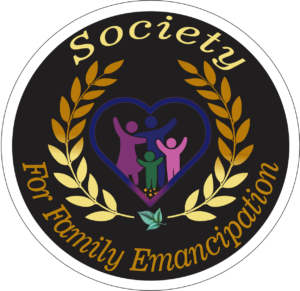About
Social Awareness
What is Social Awareness?

A healthy community benefits every person in it. And Social Awareness is one means of achieving a healthy community.
Social awareness refers to the ability to understand and recognize the emotions, needs, perspectives, and experiences of others, as well as the ability to appreciate and respect diverse cultures and backgrounds. It involves being conscious of social issues, inequalities, and the impact of one’s actions on others and society as a whole.
Collaborations Across Health Care
Collaboration across social awareness refers to individuals and groups working together to promote social awareness and address social issues. It involves cooperation, communication, and shared efforts to raise awareness, promote inclusivity and equity, and create positive social change.
Factors in Social Awareness
1. Empathy: Empathy is the ability to understand and share the feelings of others. It is an important factor in social awareness because it allows individuals to connect with and understand the experiences and perspectives of others. Empathy helps foster compassion, respect, and a desire to take action to support others.
2. Knowledge and education: Having access to accurate information and education about social issues is essential for social awareness. This includes understanding concepts such as privilege, discrimination, equity, and social justice. Education helps individuals develop a broader perspective and awareness of the challenges faced by marginalized groups.
3. Open-mindedness: Being open-minded involves being receptive to different perspectives, experiences, and ideas. It allows individuals to challenge their own biases and assumptions and consider alternative viewpoints. Open-mindedness promotes understanding, acceptance, and collaboration in addressing social issues.
4. Cultural competence: Cultural competence refers to the ability to interact effectively with people from different cultural backgrounds. It involves having knowledge of and respect for diverse cultures, traditions, beliefs, and values. Cultural competence facilitates inclusivity, promotes understanding, and reduces prejudice and discrimination.
5. Active listening and communication: Active listening involves fully concentrating on and understanding what another person is saying, without interrupting or judging. Effective communication, including active listening, is crucial for social awareness as it allows individuals to understand different perspectives, engage in meaningful dialogue, and address social issues constructively.
6. Self-reflection and self-awareness: Self-reflection is the process of introspecting and analyzing one’s own thoughts, emotions, and behaviors. Self-awareness helps individuals recognize their biases, privileges, and areas for personal growth. By understanding oneself better, individuals can develop a deeper understanding of others and engage in more meaningful and empathetic social interactions.
7. Social media and technology: Social media and technology play a significant role in promoting social awareness. These platforms provide opportunities for individuals and groups to share information, raise awareness about social issues, and mobilize collective action. Social media can also amplify diverse voices and facilitate dialogue and collaboration across distances.
8. Community involvement and activism: Engaging in community activities, volunteering, and activism are important factors in social awareness. By actively participating in events and initiatives that promote social justice and equality, individuals can contribute to positive change and make a difference in their communities.
By considering these factors and working collaboratively, individuals and groups can promote social awareness, address social issues, and create a more inclusive and equitable society.

